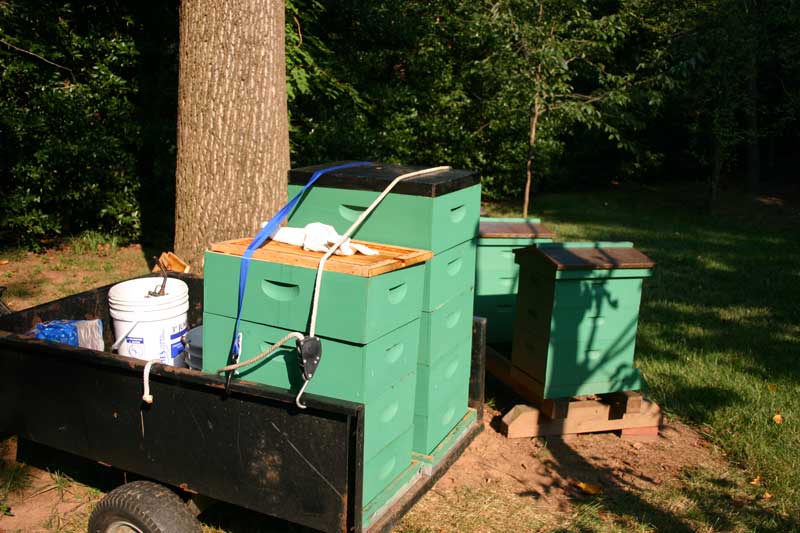

The fleece also has a thin layer of PET to stop the adhesive from leaking into the honeycomb core of the composite material, which would have a drastic impact on the vehicle's overall weight. Therefore, EconCore engineers devised a polyester non-woven fleece to wrap around the recycled PET composites, which would work well with adhesives used for other materials. The TU/ecomotive team struggled with selecting an adhesion solution to join some of the recycled PET composites parts with other recycled materials. “Through innovation, we can create much more sustainable solutions and the Luca car project demonstrates that in such a clever way.”Īs well as supplying the honeycomb cores for vehicles to the TU/ecomotive team – 20 sq m of honeycomb core material in laminated sheets – EconCore are also on-hand for technical support and advice from its experienced engineers.Ī key design problem illustrated the positive working relationship between the students and EconCore. Wouter Winant, Technical Manager, EconCore We’re delighted to be supporting the TU/ecomotive team as we share similar values in terms of using technology to produce sustainable products and minimise waste." We’ve been involved with this project for the last four years now and each year our involvement has increased. With new projects in innovative car production, the team changes every year, earning worldwide recognition for the students who deliver them.įor several years, TU/ecomotive has been supported by EconCore – an industry leader in thermoplastic honeycomb core materials production. The TU/ecomotive team is made up of 22 Eindhoven students representing seven disciplines. Student Innovation with Industry Partnership for Lightweight Car Production This places the student concept car project firmly in the same category as EV market frontrunners such as the Nissan Leaf or Kia Niro EV.

With the low weight achieved with EconCore’s honeycomb cores for vehicles in recycled PET composites, Luca boasts an action radius of 220 km and a top speed of 90 km/h. Lightweight Car Production with Recycled PET Compositesįind out more about EconCore's automated production technologies for honeycomb panels Projects such as the Luca EV show how the industry could make better use of recycled PET composites – even industries whose materials requirements are as specific and important as lightweight car production.

Unclaimed PET bottles continue to pollute the environment at an unacceptable rate. As PET bottles are the most common recyclable plastic item in the consumer market, this relatively low collection rate is concerning. Only 1.9 million tonnes (58.2%) of these bottles were collected for recycling. According to the latest available figures from PET Core Europe, a total of 3.3 million tonnes of PET bottles were placed in the European market in 2017. This innovative use of recycled materials for lightweight car production is increasingly necessary. “With this car, we want to show that waste is a valuable material, even in complex applications like a car.” TU/ecomotive team member Matthijs van Wijk reflected on the need for projects such as the Luca EV to show the world what can be done with recycled materials: Need for More Applications for Recycled PET Composites Almost all of the car was made using recycled materials, with recycled ABS contributing large amounts to the car body. These recycled PET composites make up Luca’s chassis, seat support structure, battery housing, and dashboard parts. These sheets have a honeycomb structure internally, making them extremely lightweight without sacrificing the mechanical strength needed for a safe and usable car. To make the honeycomb cores for vehicles, EconCore recycled PET plastic – most of which was taken from the ocean – and laminated it into sheets combined with flax fibers. Click here to find out more about materials characterization equipment on the market today


 0 kommentar(er)
0 kommentar(er)
